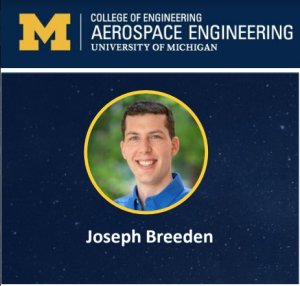
Space systems by nature must be autonomous, since they operate in an environment inaccessible to human operators. However, at present, most
spacecraft control laws can only autonomously accomplish very simple tasks using their onboard computers. More complex tasks are instead
accomplished by pre-computing the spacecraft motions on the ground, checking the results by hand, and then uplinking these instructions to the
spacecraft to follow. As humans venture further into the Solar System and launch an ever-increasing number of Earth-orbiting spacecraft each year,
there is an interest in developing control laws that perform more complex tasks with less ground-based supervision. At the same time, any such
control law must be computationally lightweight and provably verifiable.
spacecraft control laws can only autonomously accomplish very simple tasks using their onboard computers. More complex tasks are instead
accomplished by pre-computing the spacecraft motions on the ground, checking the results by hand, and then uplinking these instructions to the
spacecraft to follow. As humans venture further into the Solar System and launch an ever-increasing number of Earth-orbiting spacecraft each year,
there is an interest in developing control laws that perform more complex tasks with less ground-based supervision. At the same time, any such
control law must be computationally lightweight and provably verifiable.